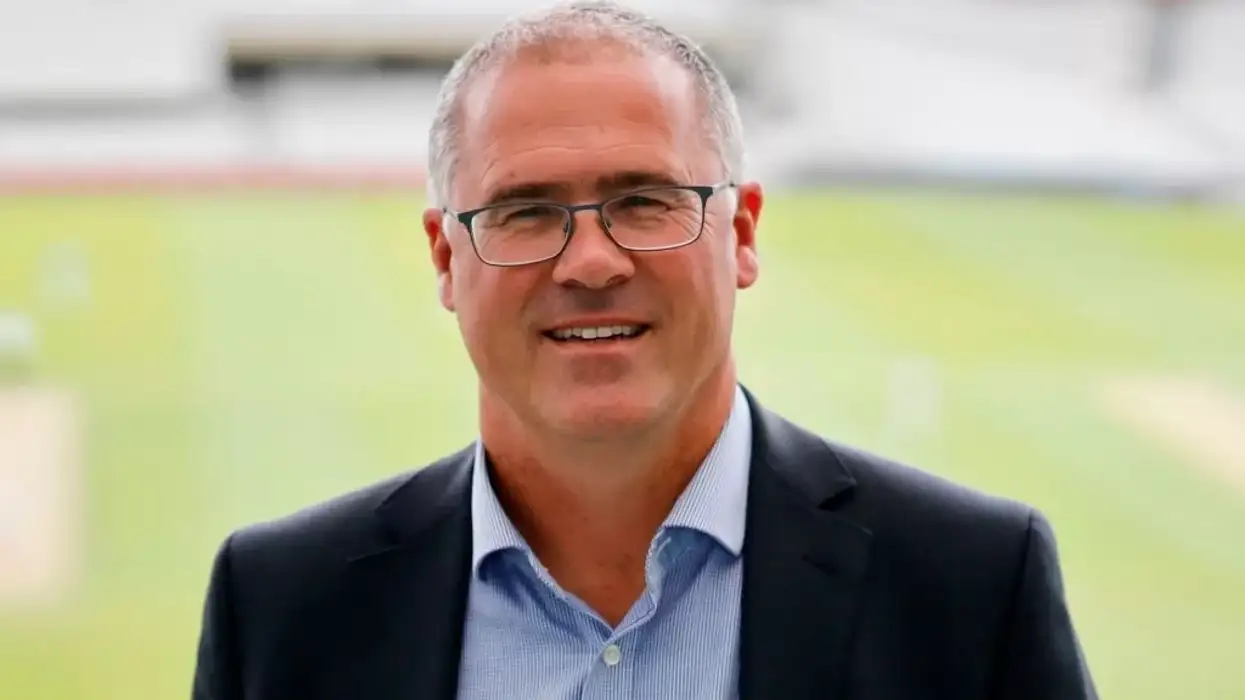ENGLAND and Wales Cricket Board chief executive Richard Gould has dismissed suggestions the governing body wants to cut any of the 18 first-class counties adrift as a "totally mad conspiracy theory".
With the global growth of lucrative franchise leagues and their knock-on effects on the domestic schedule, fears have been raised that the ECB would prefer a streamlined and more cost-effective county set-up.
But Gould, speaking at the ECB's domestic season launch at The Oval on Tuesday (2), said there were no plans to reduce the number of first-class counties, which has stood at 18 since Durham joined the County Championship in 1992.
"It's a totally mad conspiracy theory," said Gould, who contrasted how English football and rugby union had seen clubs go out of business in recent years with the relative stability of county cricket.
"I've been in the game 20-odd years and that conversation has always been around, but we're the one professional sport that hasn't lost a club," he said.
"You look at rugby and football, we've done extremely well as a sport to maintain that 100 percent record and that's where our intent lies."
The majority of the first-class counties are member-owned clubs and Durham chief executive Tim Bostock caused widespread anger by suggesting members were "Luddites" holding back the progress of the English game.
But former Surrey chief executive Gould said: "They are not comments that I would recognise or agree with.
"The depth of our talent pool, both in terms of men and women, is our superpower at the moment."
Gould said the ECB were open to private investment in the Hundred, the board's eight-team, 100-balls-per-side competition.
"We will work that one through -- our interests won't just be with IPL franchises," he said.
"We have got a lot of interesting sports owners from the States and from this country."
However, Gould does not expect the Board of Control for Cricket in India to lift its ban on Indian players appearing in the Hundred and other overseas leagues.
"It's not something that we are working into our proceedings," he said. "They (the BCCI) have got a dominant global position there, and they want to try and make sure they can retain that.
"Indian broadcast money generally follows Indian players. The BCCI and the IPL have just said, 'No, we want the IPL to be the number one global tournament.
"In order to do that, we need to make sure that we rely on our strengths which is the size of our market and the quality of our players'."
(AFP)





